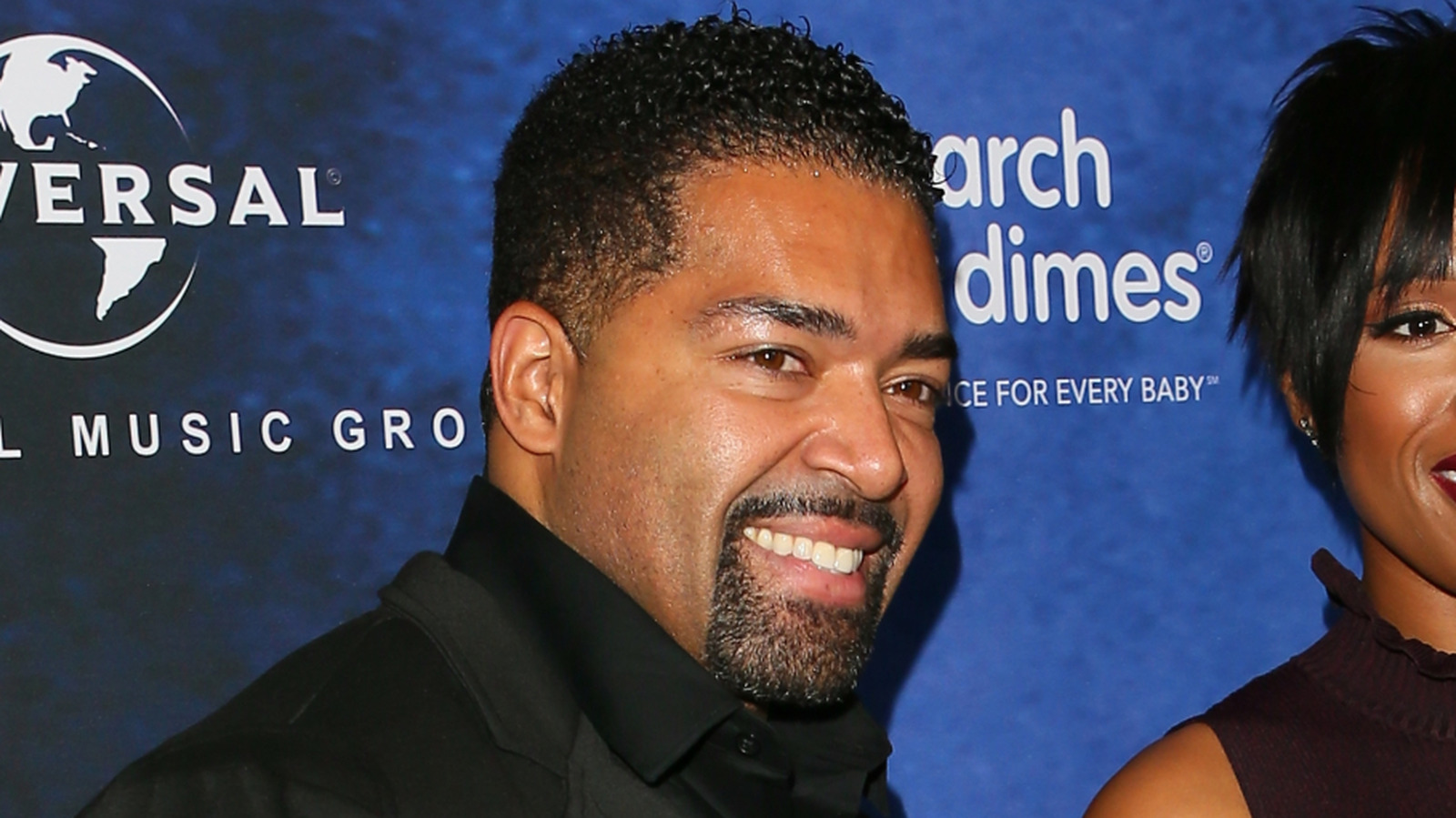
Against all odds, non-compete clauses have become the talk of pro wrestling over the last month. That's in large part due to Andrade, who was released from WWE in September, showed up in AEW in October, and hasn't been seen since, with WWE reportedly enacting a one year non-compete clause in Andrade's contract. That story was then followed by former WWE ring announcer Samantha Irvin celebrating making it through the first year of her two year non-compete clause with WWE, following her departure last year.
With so much talk surrounding the situation, many have been looking for a figure with experience both in WWE and the legal field to offer up their take. Enter former WWE star and Harvard Law School graduate David Otunga. Appearing on "MuscleManMalcolm," Otunga put his law degree, and two years experience as a lawyer, to the test, starting first with Irvin's non-compete.
"The Samantha Irving one is interesting," Otunga said "I don't know the details behind her not working with the company anymore. I don't know if she was terminated, I don't know if she requested her release, I don't know what's going on. But, I mean, if she has a two year one, maybe she had two years left on her contract, requested some type of release, and they're granting it to her, but not so much. Basically meaning she's still on the payroll for two years, but they're telling her 'Don't come to work and you can't work anywhere else.'"
Otunga admitted that Irving and Andrade's situation had led to him taking a look at copies of his past WWE contracts. He confirmed that the one year non-compete clause dated back to at least 2017, when Otunga last signed a contract with WWE. He proceeded to reiterate his previous belief that, if the contract were to be challenged, it would likely not hold up in the court of law.
"The thing of it is, even that one year non-compete, that might not be legal," Otunga said. "And I'll tell you why; you can't prevent somebody from making a living in their given trade. That's a contract doctrine called Restraint of Trade. You cannot prevent somebody from earning money in a legal business fashion to make money to support themselves in their given trade. That is what's happening to Andrade. Non-compete clauses are not designed for that. So I don't think that thing could even stand up. Now the difference would be, if they were paying Andrade, that would mean he's being compensated in some way, then it would be legal."
If youquote this article, please credit "MuscleManMalcolm" and provide an h/t to Wrestling Inc. for the transcription

